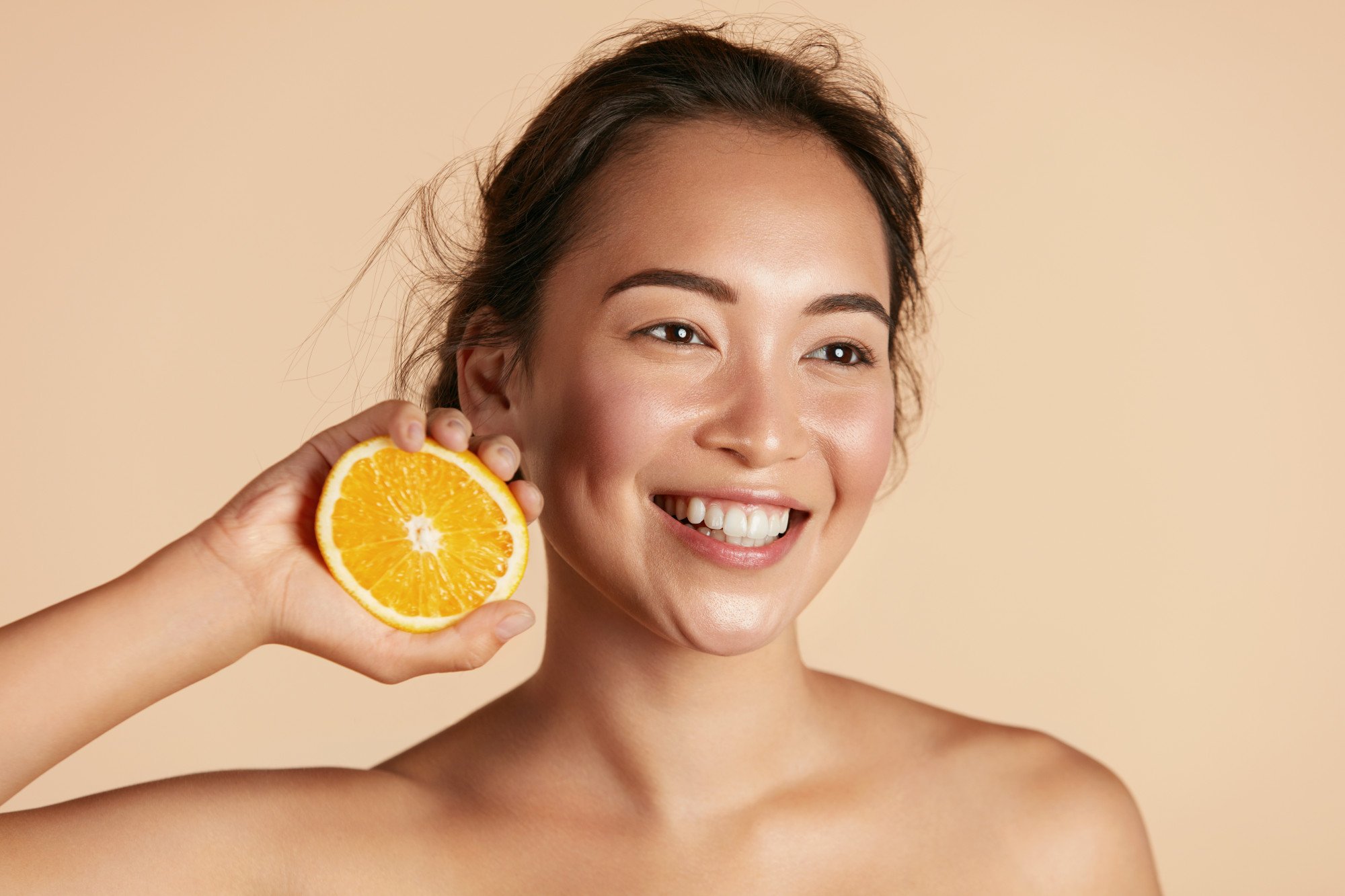If you’ve ever looked in the mirror and noticed a new pimple or sallow skin, it’s natural to wonder if the food you eat is somehow responsible.

Our diet undeniably affects our skin, according to dermatologist Dr. Lauren Ploch. The skin, like other organs, relies on nutrients from food to build and maintain its health.
Let’s delve into the connection between your diet and the condition of your skin, focusing on how specific foods can influence its appearance and health.
The role of nutrients in skin health

The importance of nutrients in skin health cannot be overstated. Proteins, for instance, are essential for collagen production, which maintains skin elasticity and aids in wound healing.
How to protect your skin from UV rays and sun damage on flights
How to protect your skin from UV rays and sun damage on flights
Research insights

While nutrient deficiencies can result in visible skin problems, such cases are relatively rare in the United States. Nonetheless, research offers some valuable insights into how diet can affect the skin subtly.
A study from the Netherlands found that individuals who consume more fruits, vegetables, fish and fibre-rich foods tend to have fewer wrinkles compared to those with meat-heavy diets. Similarly, adhering to the Mediterranean diet – which focuses on plant-based foods and healthy fats – has been associated with a lower risk of developing skin cancer, thanks to its antioxidant and anti-inflammatory effects.

How does Lenny Kravitz look this good at 59 in his new ‘TK421’ MV?
How does Lenny Kravitz look this good at 59 in his new ‘TK421’ MV?
Can diet help treat skin conditions?

Some studies, mainly in adolescent boys and young men, suggest that reducing sugary and starchy foods like sodas, sweets and white bread can help with acne. Additionally, reports link dairy products and whey protein powder consumption to more severe acne.
The Mediterranean diet may also benefit individuals with psoriasis, a skin condition characterised by dry, itchy patches. However, it’s important to note that while dietary changes may help with skin conditions, they are generally not a stand-alone solution and medical treatment may still be necessary.
Dietary advice for healthy skin

Ploch recommends obtaining nutrients from food rather than supplements, as they can sometimes have adverse effects. In a study, women who took antioxidant supplements had a significantly higher risk of developing skin cancer.
What’s better – topical or ingestible skincare? From collagen to vitamin C
What’s better – topical or ingestible skincare? From collagen to vitamin C
For those with acne-prone skin, reducing dairy and sugary, refined carbohydrates may bring improvements for some individuals. However, it’s essential to maintain a balanced diet to meet overall nutritional needs.

